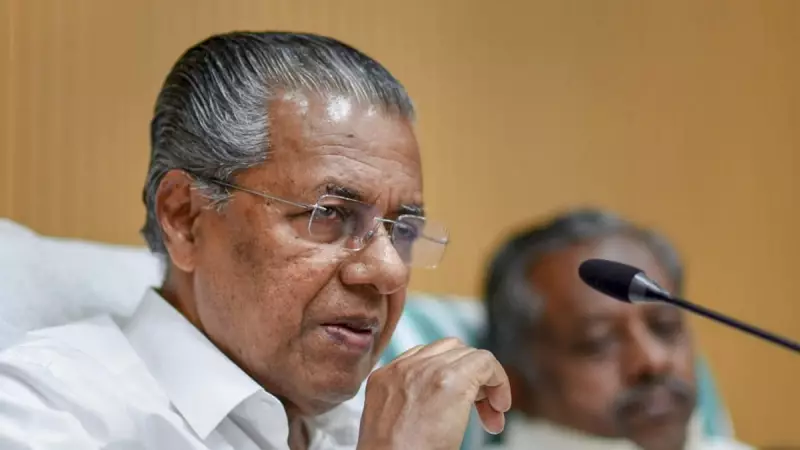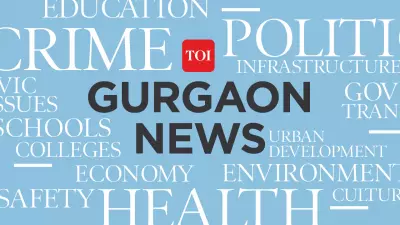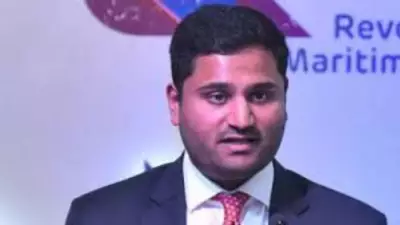
The Kerala government's recent announcement declaring the complete eradication of extreme poverty in the state is being met with significant skepticism from economists and social activists. While the administration celebrates this milestone, experts are raising serious questions about the methodology and data behind these bold claims.
The Government's Stance Versus Ground Reality
According to official statements, Kerala has successfully lifted all 64,006 families identified as extremely poor out of poverty through comprehensive support programs. The government's 'Zero Extreme Poverty' initiative reportedly provided targeted assistance including livelihood support, housing, healthcare, and educational aid.
However, prominent development economist Dr. K.N. Harilal openly challenges this narrative, stating that "the government's definition and identification process of extreme poverty appears fundamentally flawed." He emphasizes that many vulnerable groups continue to struggle without adequate social security nets.
Critical Gaps in the Elimination Strategy
Social activists working directly with marginalized communities highlight several concerning omissions:
- Migrant laborers and their families remain largely uncounted in poverty surveys
- Elderly individuals living alone without family support systems
- People with disabilities facing additional barriers to economic stability
- Communities in remote areas with limited access to government schemes
An activist from the People's Rights Movement expressed concern that "declaring victory over extreme poverty might lead to complacency and reduced focus on ongoing poverty alleviation efforts."
Methodological Concerns and Data Transparency
Economists point to several methodological issues that undermine the government's claims:
- The criteria used for identifying extreme poverty households lacks transparency
- Follow-up mechanisms to ensure sustained poverty exit are inadequate
- Inflation and rising living costs are not sufficiently accounted for in the analysis
- Independent verification of the data remains unavailable
The Way Forward for Genuine Poverty Eradication
Rather than declaring premature victory, experts suggest the government should focus on strengthening social security systems, ensuring universal access to basic services, and establishing robust monitoring mechanisms. The debate highlights the complex nature of poverty measurement and the importance of transparent, verifiable data in assessing social development initiatives.
As Kerala positions itself as a development model, this controversy underscores the critical need for inclusive approaches that leave no one behind in the journey toward genuine poverty elimination.





